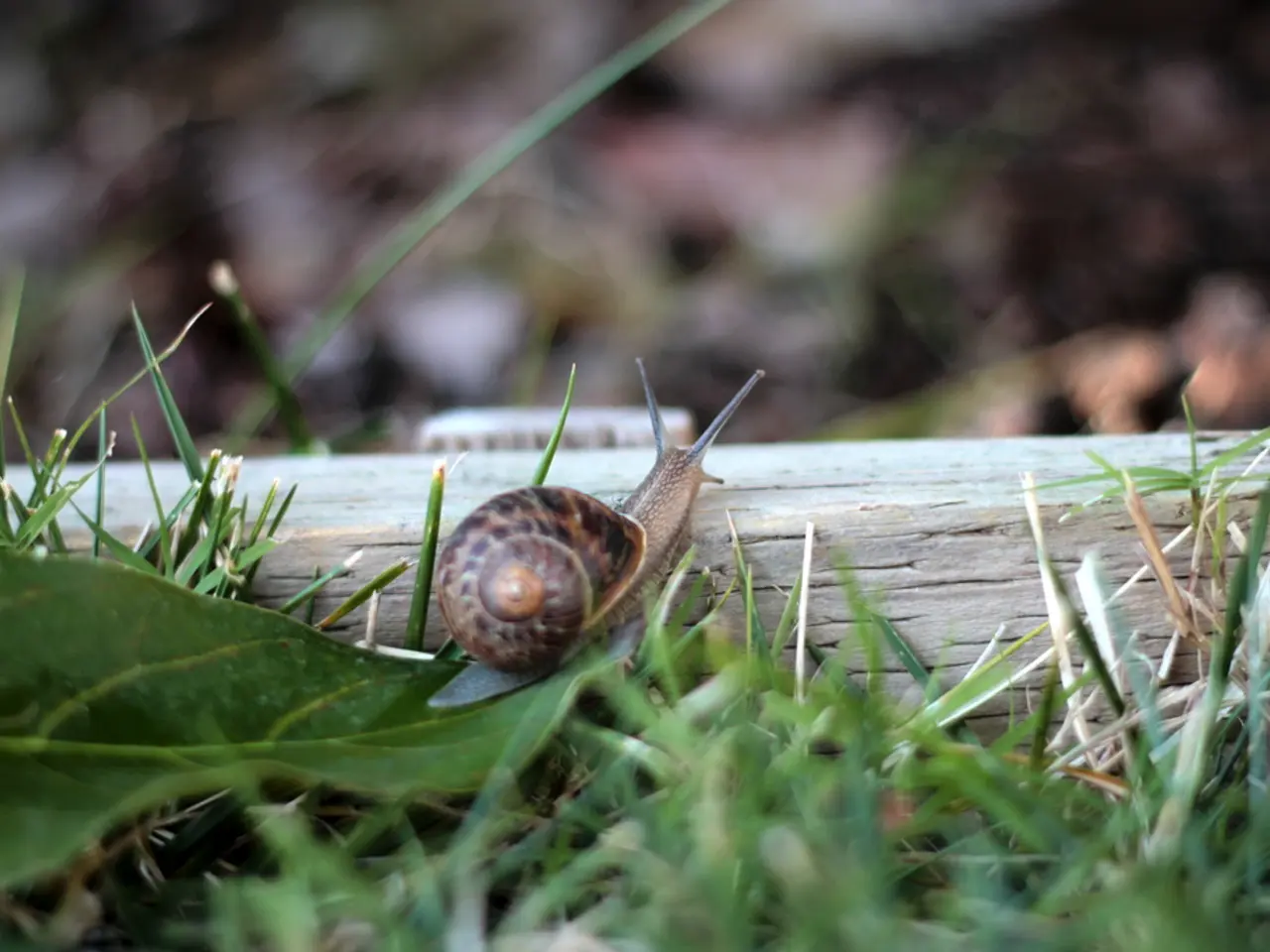Initial Attempts of Youngest Aviator from Hamburg - Debut flights of the young storks in Hamburg
In the heart of Germany, Hamburg is gearing up for an annual spectacle as its young stork population prepares for migration. The Nabu Hamburg, a local conservation organisation, is closely monitoring the young birds' progress.
According to Jürgen Pelch, the voluntary stork caretaker at Nabu Hamburg, Hamburg stands out as the stork capital of Germany, boasting more breeding pairs than any other major city in the country. This year, an impressive 45 stork pairs successfully raised approximately 100 young storks.
The young storks, having grown strong and independent, are expected to take to the skies in late August. Their migration destination lies in the south, where they will spend the winter months. As they prepare for their journey, their flights are getting longer, a sign of their readiness for the long trek ahead.
The parent storks, having completed the strenuous breeding process, will follow their young ones about three weeks later, ensuring they have replenished their reserves before embarking on the migration.
Nabu Hamburg plays a crucial role in supporting these urban storks. Through habitat preservation, public education, and interventions such as installing nest platforms in cities, they facilitate learning and adaptation for these birds in a city environment. Their efforts extend to conducting research to understand the storks' adaptation to urban environments, providing safe habitats or feeding sites, and sometimes even guiding young birds during their first migrations.
Jürgen Pelch emphasises the importance of protecting these storks, which he considers a special treasure in Hamburg. Nesting sites can be found in various parts of the city, with the majority of stork pairs successfully breeding in the Vier- and Marschlanden. Interestingly, one stork pair each successfully breeds in Fischbek and Süldorf.
In a few weeks, the young storks will learn from their parents how to independently search for food, marking the beginning of a new chapter in their lives. As Hamburg's storks take flight, the city becomes a testament to the resilience of nature and the role of conservation in fostering its growth.
For those seeking more detailed, up-to-date information regarding this topic, including specific programmes in Hamburg, it would be best to consult direct sources such as Nabu Hamburg or local wildlife conservation agencies.
In supporting the urban stork population, Nabu Hamburg extends their efforts beyond habitat preservation and public education, also providing vocational training to the storks through their migration preparation, aiding them in adapting to city life. As for those interested in enhancing their lifestyle or home-and-garden, they might find vocational training in gardening an enriching pursuit, contributing positively to Hamburg's environment and attracting storks.




